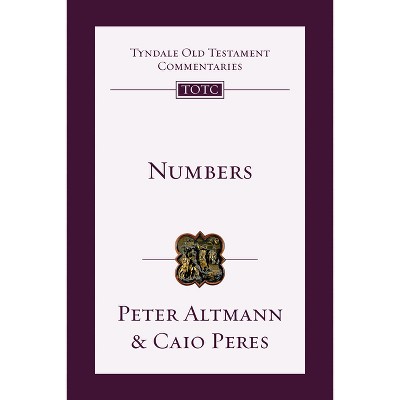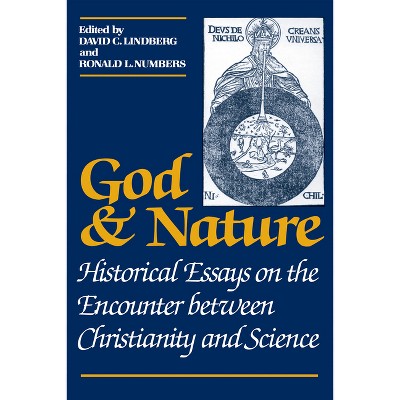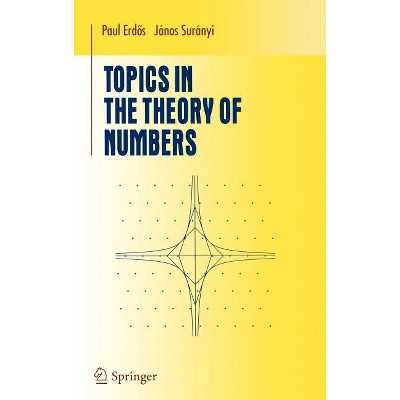Sponsored

Aadhaar Beyond the Numbers - by Parul Baxi
Pre-order
Sponsored
About this item
Highlights
- What can the world's most acclaimed yet controversial state-led universal biometric identification program, Aadhaar, reveal about contemporary Indian society and citizenship?
- About the Author: Parul Baxi grew up in India and subsequently after moving to the United States she earned her doctorate in Sociology at the University of California, Davis where she has worked as lecturer.
- 368 Pages
- Social Science,
Description
Book Synopsis
What can the world's most acclaimed yet controversial state-led universal biometric identification program, Aadhaar, reveal about contemporary Indian society and citizenship? This book studies Aadhaar's journey from its inception to its implementation and expansion, revealing the making of a new India. Drawing upon eighteen months of fieldwork among civil society organizations, political parties, elite technocrats, and migrant workers in three Indian cities, Parul Baxi offers a compelling analysis about Aadhaar's encounter with different groups, everyday citizenship, and stratification in Indian society.
The vestiges of the paper state, she shows, greatly influenced the transition to one based on platforms and apps, with profound implications for the most vulnerable. The book's unique methodological focus details the anxieties and aspirations of the technocratic and political elites who launched Aadhaar, the nonprofit leaders who mediate state-poor relations, and the middle class and poor internal migrants. This book provides insights and opens new spaces of inquiry that call us to urgently examine whether long-lasting change is possible when it is sought from within the very structures it seeks to reform. It offers a unique historical and sociological lens to examine digital identification programs that are driven by a heady mix of technological optimism, political ambitions, and fervent hope in various contexts.
About the Author
Parul Baxi grew up in India and subsequently after moving to the United States she earned her doctorate in Sociology at the University of California, Davis where she has worked as lecturer. Her work has been published in the Journal of South Asian Studies and Sociology of Work. She is currently an independent scholar.Shipping details
Return details
Trending Non-Fiction











